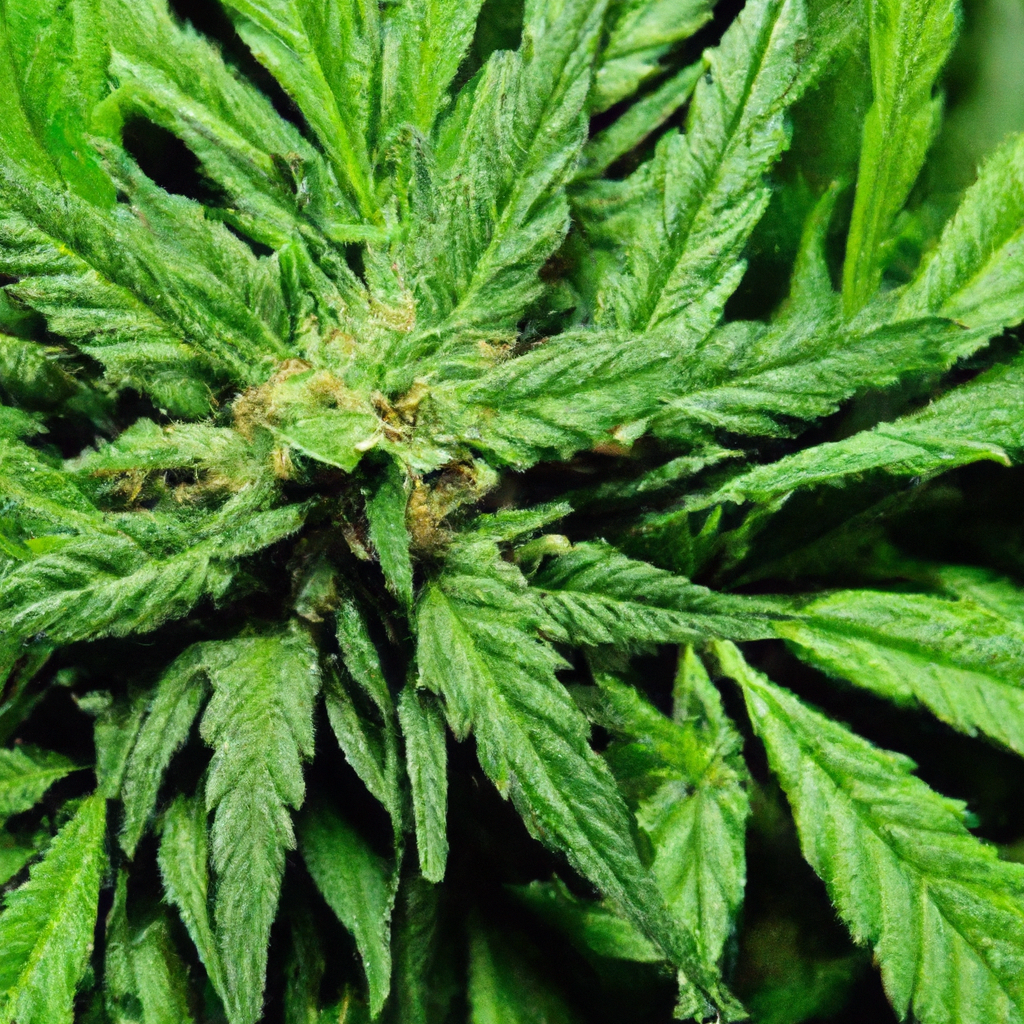Your cart is currently empty!
As the cannabis industry continues to evolve, many cultivators are turning towards organic growing methods to support both environmental sustainability and consumer health. This article explores the best practices for organic cannabis cultivation, focusing on natural fertilizers, compost, and biodegradable pest control solutions.
1. Building a Robust Soil Ecosystem
In organic cannabis cultivation, the foundation of a healthy plant starts with the soil. A rich, live soil teeming with beneficial microbes is essential for the successful growth of cannabis plants.
- Compost Integration: Use compost to enrich soil with essential nutrients, boost microbial activity, and enhance its water retention capabilities.
- Beneficial Microbes: Introducing microbes, such as mycorrhizal fungi and bacteria, can help improve nutrient absorption and promote root health.
- Mulching: Apply organic mulch to the surface soil to help conserve moisture, regulate temperature, and suppress weed growth, ultimately creating a thriving soil environment.
2. Natural Fertilizers: Feeding Your Plants
Opting for natural fertilizers provides a nutrient-rich environment without harmful chemicals. These options ensure robust plant growth while maintaining environmental integrity.
- Fish Emulsion: Derived from fish waste, this nutrient-rich solution offers a potent mix of nitrogen, phosphorus, and potassium.
- Bone Meal: An excellent source of phosphorus and calcium, bone meal supports root development and flowering.
- Alfalfa Meal: Packed with nutrients and growth hormones, alfalfa meal boosts plant vigor and resilience.
3. Sustainable Pest Management
Organic pest management strategies focus on deterring unwanted pests while preserving beneficial insects. Employing natural pest control methods is crucial for maintaining an eco-friendly growing environment.
- Neem Oil: A biodegradable oil that acts as both a pesticide and fungicide, effectively managing a range of pests.
- Companion Planting: Strategically plant companion species like marigolds and basil to naturally repel pests and attract beneficial predators.
- Insect Traps: Utilize biological traps like sticky traps to physically capture and monitor pest populations.
4. Embracing Sustainability
Sustainable practices in cannabis cultivation not only contribute to protecting the environment but also yield products that resonate with eco-conscious consumers.
- Water Conservation: Implement drip irrigation systems to minimize water usage while maintaining optimal soil moisture levels.
- Renewable Energy: Harness solar or wind energy to power your grow operations, reducing the carbon footprint.
- Recycled Materials: Utilize recycled containers, grow media, and packaging to minimize waste.
Conclusion
Organic cannabis cultivation practices are rooted in a commitment to ecological stewardship and sustainability. By focusing on healthy soil ecosystems, natural fertilizers, and innovative pest control, growers can produce superior cannabis that benefits both the planet and discerning consumers. Embark on this green journey to craft cannabis that thrives in harmony with nature.
Discover more from Magic Clones
Subscribe to get the latest posts sent to your email.


Leave a Reply